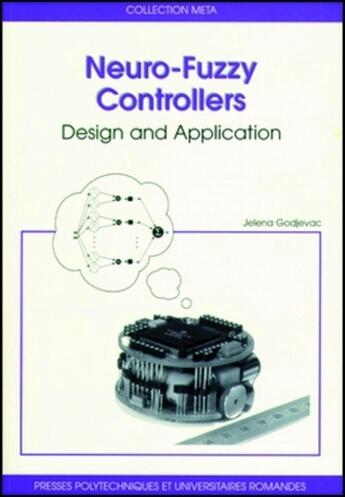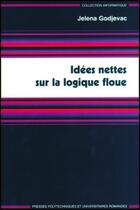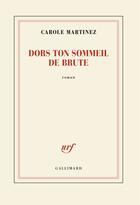-
Date de parution : 01/12/1997
-
Editeur :
Ppur
-
EAN : 9782880743550
-
Série :
(-)
-
Support :
Papier
Résumé:
Fuzzy controllers belong to the class of knowledge based
systems. Their main goal is to implement human know-how or
heuristic rules in the form of a computer
program. Fuzzy logic provides a mathematical formalism for
this goal. An original method for the design and analysis
of a fuzzy... Voir plus
Fuzzy controllers belong to the class of knowledge based
systems. Their main goal is to implement human know-how or
heuristic rules in the form of a computer
program. Fuzzy logic provides a mathematical formalism for
this goal. An original method for the design and analysis
of a fuzzy controller is proposed in this book.
The main idea is to apply an on-line adaptive algorithm to
automatically adjust the parameters of the fuzzy
controller, depending on its inputs and desired outputs. It
is
shown that a fuzzy controller can learn to approximate
non-linear functions arbitrarily well. The author also
introduces a new method for the extraction of
linguistic
rules from the adapted parameters. The knowledge acquired
during learning can be represented in a clear and intuitive
syntax. This gives the designer a
comprehensive understanding of the new rule base, i.e., the
controller features. In the last part of the book, the
application of fuzzy and neuro-fuzzy controllers to
the
navigation of a mobile robot is investigated. Several
experiments with the miniature mobile Khepera are reported.
The proposed design method for fuzzy controller is
tested, showing that it provides the designer with a
technique to handle complex tasks: the robot can
successfully learn the desired behaviours, even with
noisy
sensors and large rule bases. The extraction of rules
reveals to be extremely useful for practical applications
because it helps the engineer to learn more on the
complete system.
Donner votre avis















